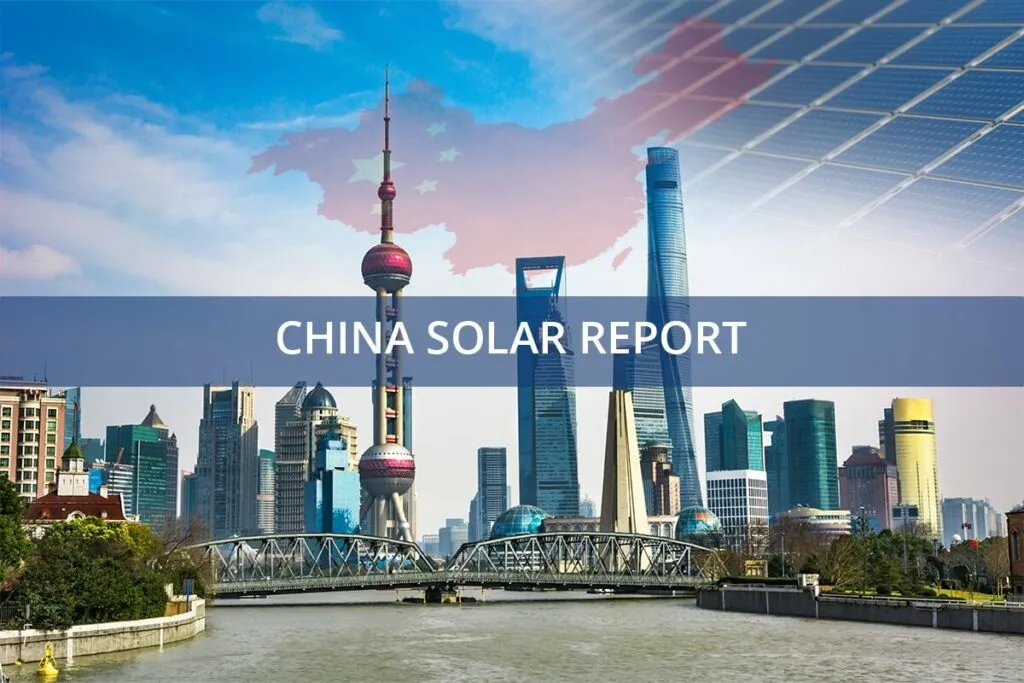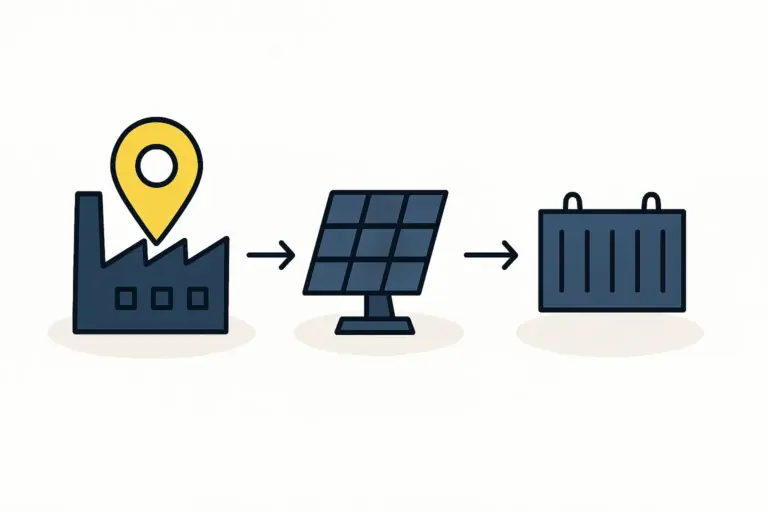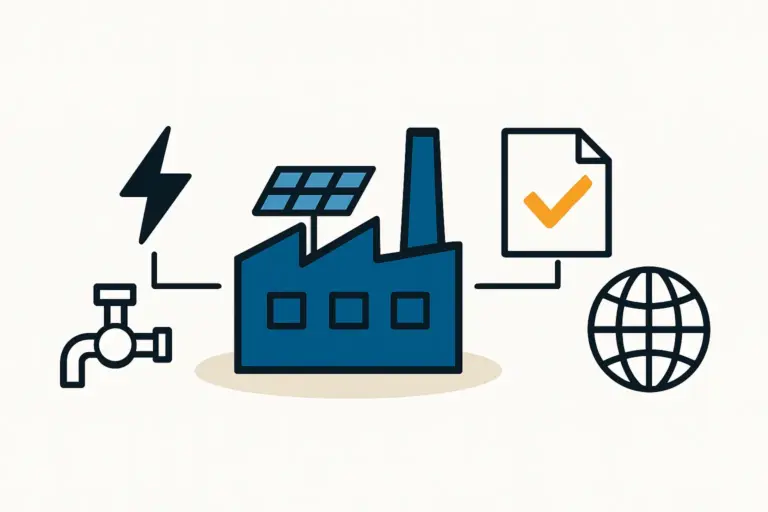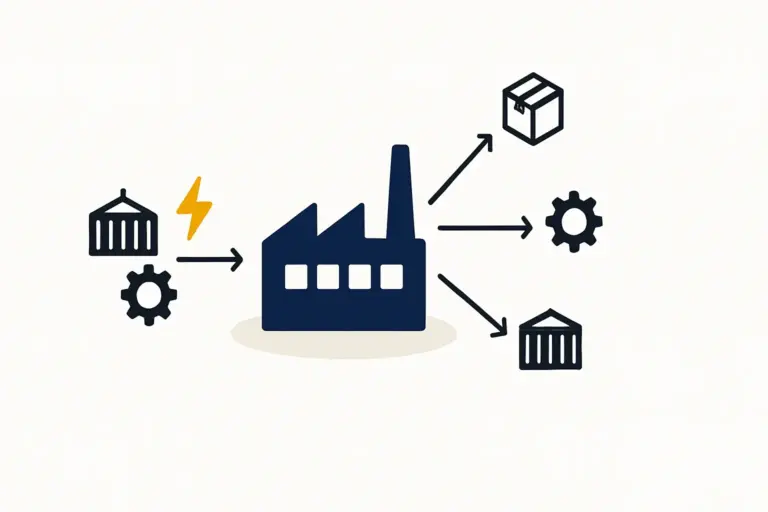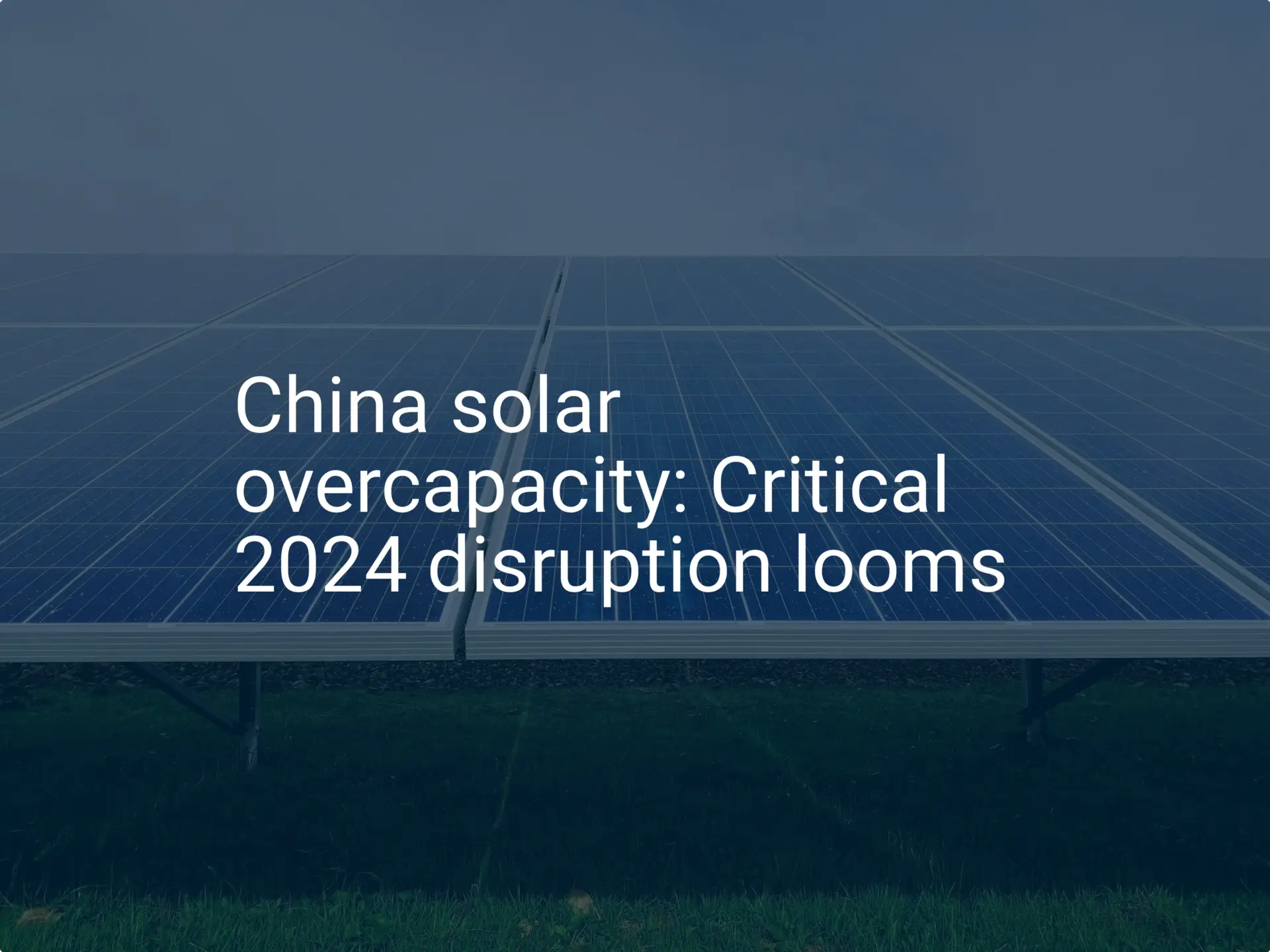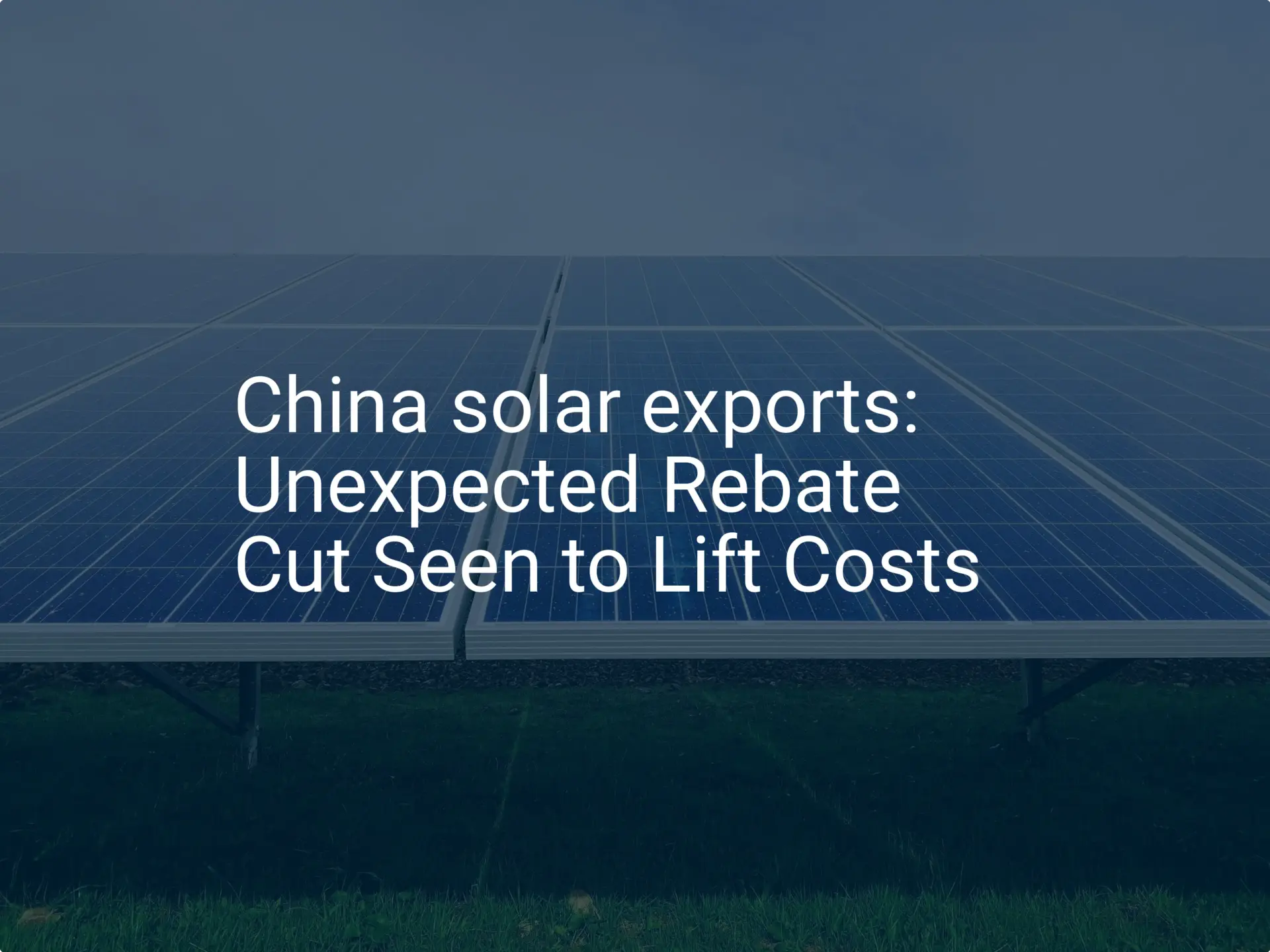An entrepreneur planning to establish a solar module factory in China often focuses on machinery, supply chains, and capital investment. However, a venture’s long-term success often hinges on a critical factor: human capital. The common perception of China as a source of low-cost labor is outdated. Today, the challenge lies in sourcing, hiring, and retaining the skilled engineers and technicians needed to operate a sophisticated production facility.
While general labor remains available, the competition for experienced technical professionals is intense. This article examines the practical human resources challenges in China’s advanced manufacturing landscape and offers strategies for building a stable, high-performing technical team.
Table of Contents
Beyond Low-Cost Labor: The New Reality of China’s Manufacturing Workforce
The narrative of China’s manufacturing advantage has fundamentally shifted from quantity to quality. Several key trends are shaping this new reality:
- Rising Wage Inflation: Technical and skilled labor wages have been increasing by an average of 10-15% annually. This trend reflects both the growing demand for expertise and the country’s economic development. Relying on outdated cost models can lead to significant budgetary shortfalls.
- The “War for Talent”: China’s solar industry does not operate in a vacuum. It competes for top engineering talent with other booming high-tech sectors, such as electric vehicles (EVs), semiconductors, and consumer electronics. These industries often offer highly competitive compensation packages, creating a challenging recruitment environment.
- High Employee Turnover: The “Great Resignation” has also made its mark on China. Turnover rates for skilled technical staff in the manufacturing sector can reach 30-40% annually. Professionals no longer hesitate to switch employers for better compensation, career advancement opportunities, or an improved work-life balance.
The result is a landscape where simply offering a job is not enough. A strategic approach to recruitment and, more importantly, retention is essential for operational stability and growth.
Identifying the Key Technical Roles in a Solar Module Factory
A solar module production line is a complex system of automated and semi-automated processes. While a full-scale factory may employ hundreds, a core team of skilled technical staff forms the backbone of the operation. Understanding these roles is the first step in planning a successful factory.
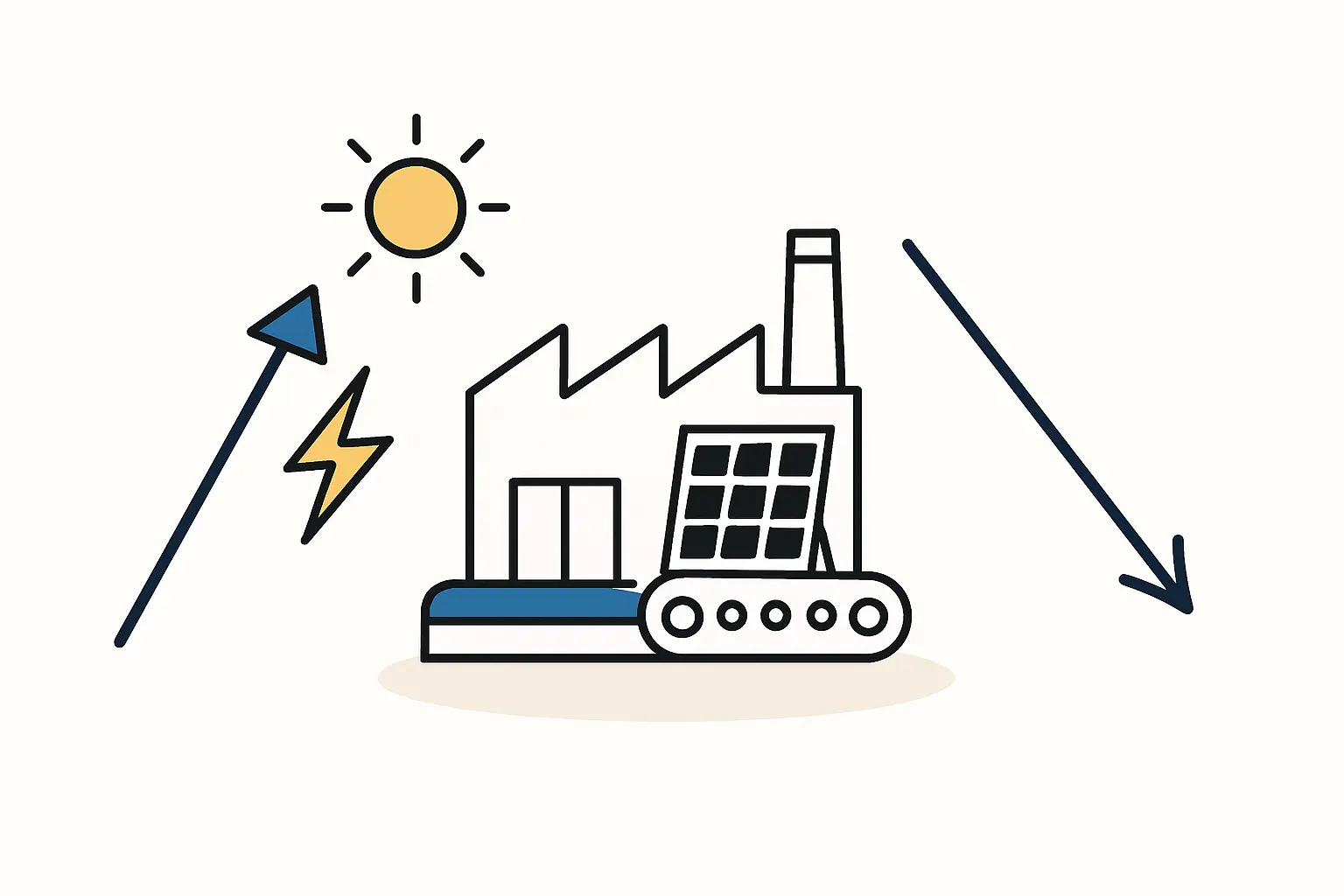
Key Positions to Prioritize:
- Process Engineers: These engineers optimize the entire production flow. They monitor machine parameters, troubleshoot bottlenecks, and work to maximize yield (the percentage of usable modules produced). Their expertise directly impacts profitability.
- Maintenance Technicians: The sophisticated machinery, from stringers to laminators, requires specialized maintenance. Experienced technicians who can proactively diagnose and repair equipment are invaluable. Downtime is a direct cost, and a skilled maintenance team minimizes it.
- Quality Control (QC) Specialists: QC staff ensure that every module meets stringent international standards (such as IEC certifications). They manage material inspection, in-process quality checks, and final product testing. Their diligence protects the company’s reputation and prevents costly product recalls.
Experience from J.v.G. turnkey projects shows that a startup 20–50 MW line typically requires a core technical team of 5–8 engineers and senior technicians to oversee these critical functions, supported by trained operators.
Common Recruitment Challenges in China’s Solar Industry
Securing talent for these key roles means navigating a highly competitive market. New entrants, particularly foreign-owned enterprises, face specific hurdles.
- Intense Competition from Domestic Giants: Established Chinese solar manufacturers like LONGi, Jinko, and JA Solar have significant advantages. They benefit from strong brand recognition, large-scale operations, and the ability to offer extensive career ladders. A new factory must find a unique value proposition to attract candidates away from these industry leaders.
- High Salary and Benefit Expectations: Due to talent scarcity, experienced engineers and technicians command high salaries. They also expect comprehensive benefits packages, including robust health insurance, housing allowances, and performance-based bonuses. Underestimating these costs is a common planning error.
- The Need for Equipment-Specific Experience: Solar panel manufacturing involves highly specialized equipment. Finding a technician with five years of experience on the exact model of laminator or stringer a factory has purchased can be exceptionally difficult. This often means factories must plan for extensive on-the-job training.
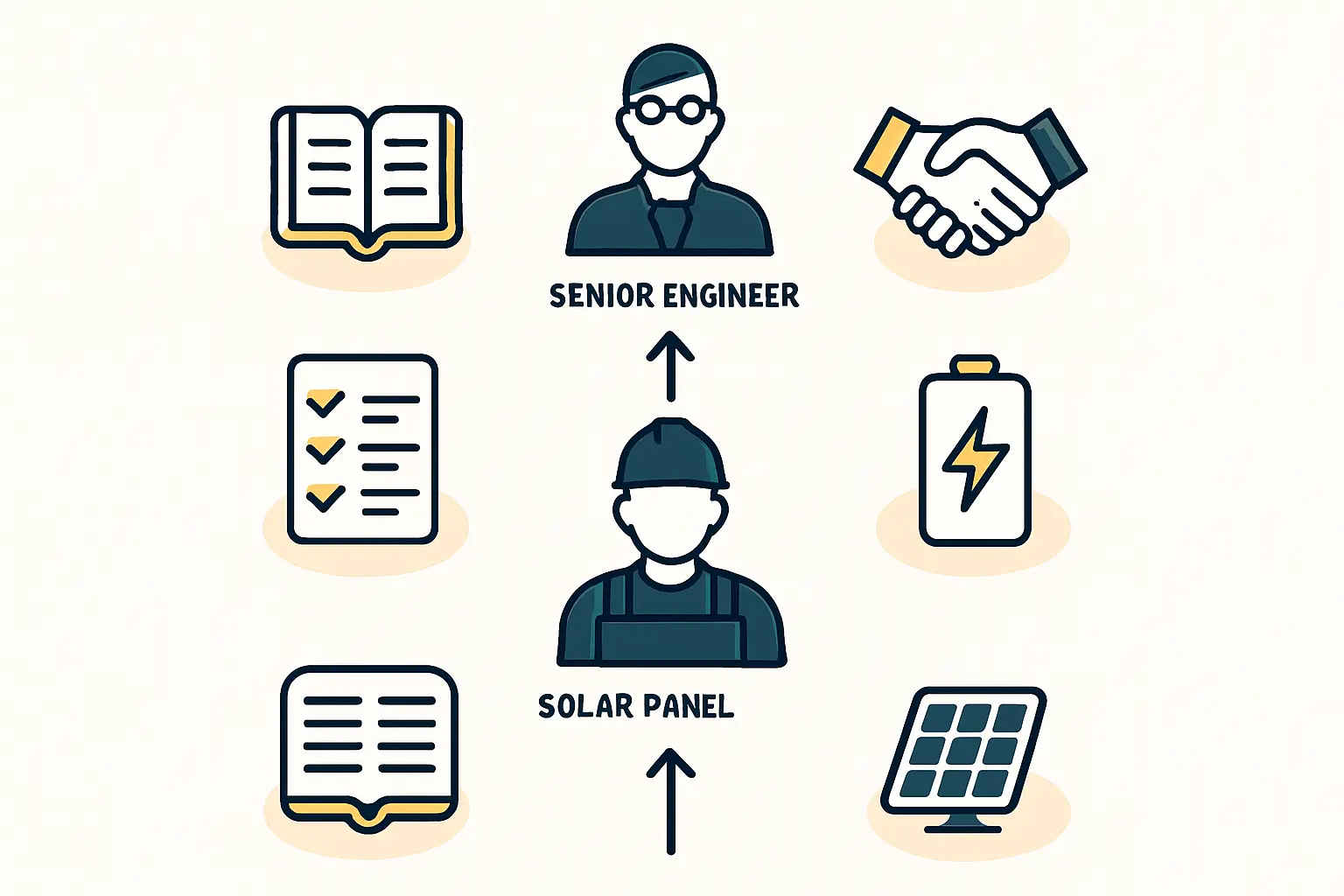
- Geographical Talent Concentration: Premier technical talent is often concentrated in established manufacturing hubs like the Yangtze River Delta (e.g., Jiangsu, Zhejiang) and the Pearl River Delta. Establishing a factory in a more remote, lower-cost region presents a significant recruitment challenge, requiring additional incentives to attract skilled staff.
Strategies for Effective Retention
Recruitment is only half the battle. Given the high turnover rates, retaining skilled employees is arguably more important for long-term stability. The focus must shift from simply employing people to investing in them.
Create a Compelling Employee Value Proposition
- Invest in Professional Development: Chinese professionals place a high value on learning and upskilling. Offering structured training programs, certifications, and opportunities to learn new technologies is a powerful retention tool that signals a company’s commitment to an employee’s long-term career.
- Establish Clear Career Pathways: Employees are more likely to stay if they can see a future with the company. A transparent structure for promotions—from Technician to Senior Engineer to a management role—provides a clear incentive to remain and grow with the organization.
- Foster a Positive and Professional Work Culture: The demanding “996” work culture (9 a.m. to 9 p.m., 6 days a week) is losing its appeal among skilled professionals. A company that promotes a healthy work-life balance, open communication, and a respectful management style can set itself apart as an employer of choice. International companies can often leverage their global standards as a key differentiator.
- Offer Competitive and Transparent Compensation: While culture is important, compensation remains a key driver. Ensure that salaries are benchmarked against the industry average and that bonus structures are clear, fair, and directly tied to performance metrics like production yield and uptime.

The Role of Expatriate Staff vs. Local Talent
For foreign investors, a common question is whether to rely on expatriate managers and engineers or to hire locally. A hybrid approach is often the most effective strategy.
- Expatriate Staff: Bringing in one or two experienced engineers from the head office can be vital during the initial setup and commissioning phase. They ensure equipment is installed correctly, establish processes according to company standards, and effectively train the initial local team.
- Local Talent: For sustainable, long-term operation, a strong local team is non-negotiable. They understand the local culture, language, and business environment. The primary goal should be a structured knowledge transfer from the initial expatriate team to a fully capable local management and technical team within a defined timeframe (e.g., 12–24 months). Given the high startup costs of a solar panel factory, transitioning away from expensive expatriate packages as soon as practical is imperative.
Frequently Asked Questions (FAQ)
Q: What are the typical salary ranges for a process engineer in China’s solar industry?
A: Salaries vary significantly based on location, experience, and company size. An experienced process engineer (5+ years) in a major manufacturing hub can typically command an annual salary ranging from RMB 250,000 to RMB 450,000 (approximately USD 35,000 to USD 63,000), not including bonuses and benefits.
Q: Is it better to build a factory near a major city or in a lower-cost region?
A: This involves a trade-off. Major hubs (e.g., near Shanghai or Suzhou) offer a deep talent pool and robust supply chains but come with higher labor and land costs. A more remote location may offer lower operational costs and government incentives, but the company must be prepared to invest more in attracting and retaining talent, potentially through housing allowances and higher salaries.
Q: How important are non-monetary benefits?
A: They are critically important. For skilled professionals who often have multiple job offers, factors like a positive work culture, investment in training, and clear opportunities for advancement are powerful differentiators. These benefits signal that a company values its employees as long-term assets, not just as labor.
Q: How can a new, foreign-owned company compete for talent against established Chinese solar giants?
A: A smaller or newer company can compete by offering unique advantages. These may include a more direct line to senior management, greater individual responsibility and impact on the business, exposure to international business practices, and a potentially better work-life balance. Emphasizing these aspects in the recruitment process can attract ambitious individuals seeking a different experience than what a massive corporation can offer.
Building a Sustainable Team for Long-Term Success
Ultimately, the success of a solar module factory in China depends as much on its people as on its technology. Moving beyond the outdated view of the country as a source of cheap labor is the first and most important step.
A successful business plan must include a robust human resources strategy that acknowledges the competitive talent market, budgets for realistic compensation, and prioritizes retaining skilled staff by investing in their professional growth. By building a strong, stable, and motivated technical team, a new enterprise can establish a firm foundation for efficiency, quality, and long-term profitability in one of the world’s most dynamic manufacturing environments.

